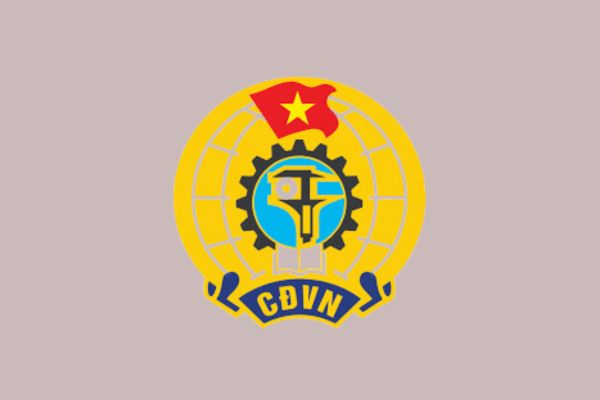What revenues does the finance of Trade Union include ? What are the regulations on management and use of finance of Trade Unions in Vietnam?
Are expenses deducted from the Union Fund for employees taxable under personal income tax (PIT) in Vietnam?
Official Dispatch 20657/CT-TTHT year 2020 of the Hanoi Tax Department dated April 20, 2020, provides guidance on personal income tax policy.
Official Dispatch 20657/CT-TTHT year 2020 on PIT regarding the expenses deducted from the Union Fund for employees, the Hanoi Tax Department responds as follows:
According to point c, clause 2, Article 3 of Decree 65/2013/TT-BTC amended by Article 2 of Decree 12/2015/ND-CP guiding income from salaries and wages:
Taxable income
...
2. Income from salaries and wages is the income that employees receive from employers, including:
a) Salaries, wages, and amounts of a salaried nature in the forms of cash or non-cash.
b) Allowances and subsidies, except for the following allowances and subsidies...
c) Remuneration received in forms such as: sales agent commission, brokerage commission; participation in scientific and technical research topics; participation in projects and plans; royalties as prescribed by law on royalties; participation in teaching activities; participation in cultural, artistic, sports performances; advertising services, other services, and other remuneration.
d) Amounts received from participating in business associations, the board of directors of enterprises, supervisory boards of enterprises, project management boards, management councils, associations, professional organizations, and other organizations.
dd) Benefits in cash or non-cash in addition to salaries and wages paid by the employer that the taxpayer receives in all forms...
e) Bonuses in cash or non-cash in all forms, including stock bonuses, except for the following bonuses...
Based on the above regulations, in cases where expenses are incurred for employees, and these expenses are deducted from the Union Fund, fulfilling the duties stipulated in Article 27 of the Union Law 2012, employees receiving these amounts do not have to include them in taxable income under PIT from salaries and wages.

What revenues does the finance of Trade Union include ? What are the regulations on management and use of finance of Trade Unions in Vietnam?
What are the sources of Union finances in Vietnam?
Article 26 of the Union Law 2012 stipulates Union finances as follows:
Union finances
Union finances include the following sources:
1. Union dues paid by union members according to the provisions of the Charter of the Vietnam Union;
2. Union funds contributed by agencies, organizations, and enterprises amounting to 2% of the wage fund used as a basis for paying social insurance for employees;
3. State budget allocations;
4. Other revenues from the Union's cultural, sports, and economic activities; from projects assigned by the State; from domestic and foreign organizations' aid and sponsorship.
Union finances include the following sources:
- Union dues paid by union members according to the provisions of the Charter of the Vietnam Union.
- Union funds contributed by agencies, organizations, and enterprises amounting to 2% of the wage fund used as a basis for paying social insurance for employees.
- State budget allocations.
- Other revenues from the Union's cultural, sports, and economic activities; from projects assigned by the State; from domestic and foreign organizations' aid and sponsorship.
What are the regulations on management and use of finance of Trade Unions in Vietnam?
Article 27 of the Union Law 2012 stipulates the management and use of union finances as follows:
- The Union manages and uses union finances according to the law and regulations of the General Confederation of Labour of Vietnam.
- Union finances are used for activities to exercise the rights and responsibilities of the Union and maintain the operation of the union system, including the following tasks:
+ Propagate, disseminate, and educate the guidelines, policies, and laws of the Communist Party and the State; enhance professional qualifications and skills for employees.
+ Organize activities to represent and protect the legitimate rights and interests of employees.
+ Develop union membership, establish grassroots unions, and build a strong union.
+ Organize emulation movements launched by the Union.
+ Train and foster union cadres; train and foster outstanding workers to create a pool of cadres for the Communist Party, the State, and the union organization.
+ Organize cultural, sports, and tourism activities for employees.
+ Organize activities on gender and gender equality.
+ Visit and support union members and employees in cases of illness, maternity, disasters, difficulties; organize other care activities for employees.
+ Motivate and reward employees and the children of employees who have achievements in study and work.
+ Pay salaries to specialized union cadres and responsibility allowances to non-specialized union cadres.
+ Expenditures for the operation of union systems at all levels.
+ Other expenditure tasks.
LawNet